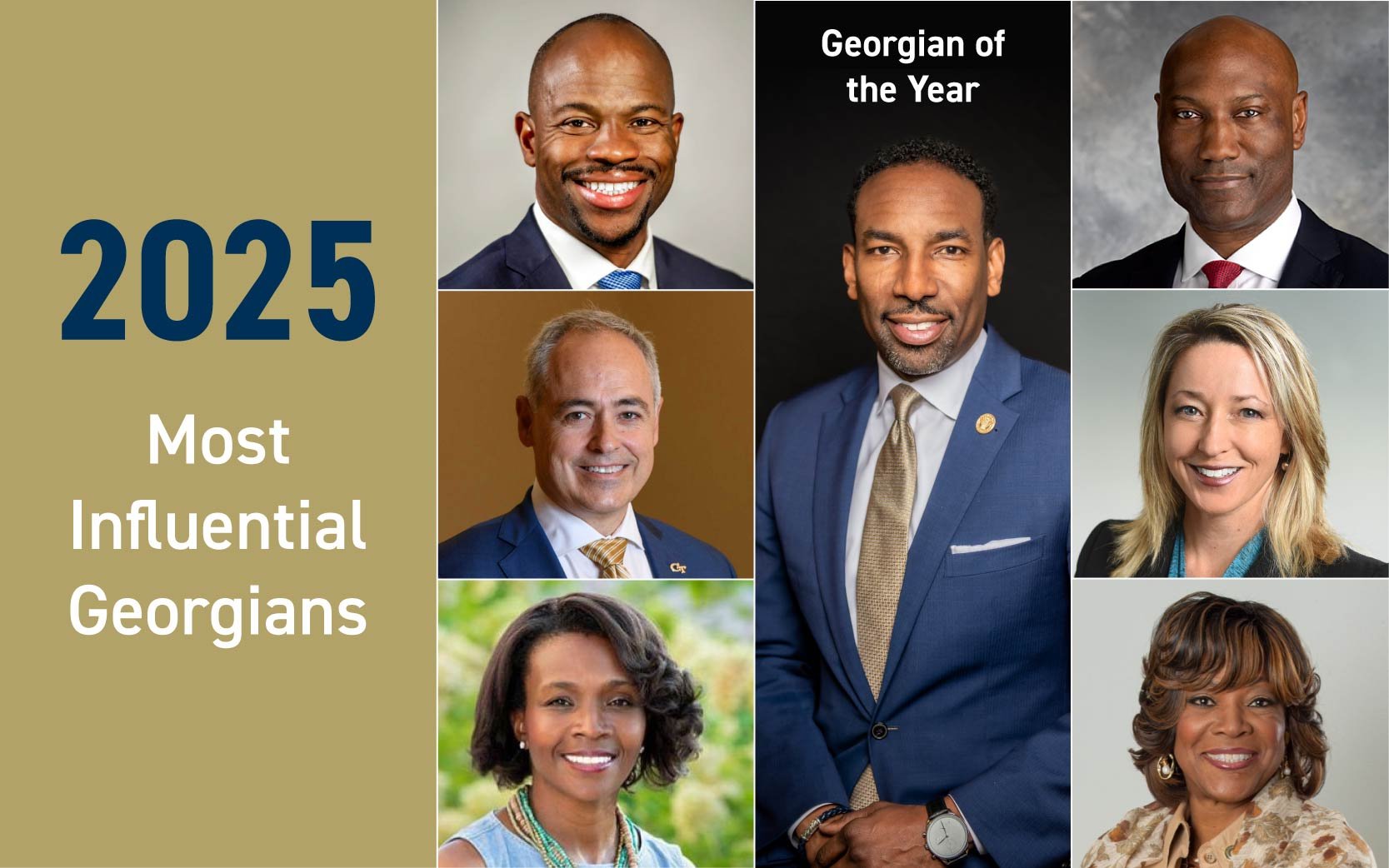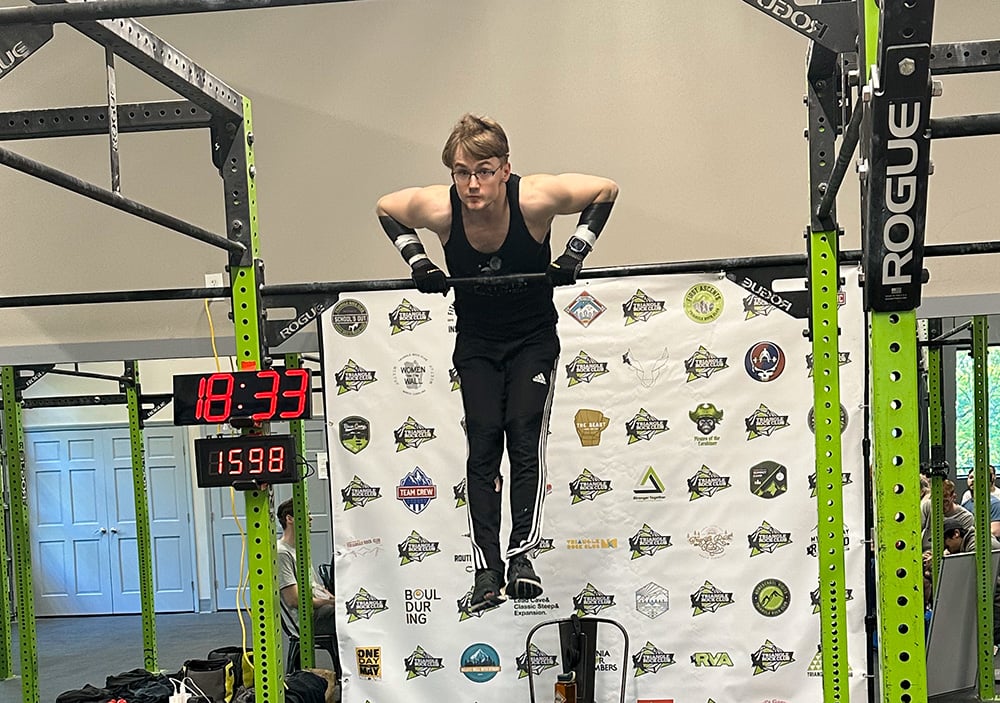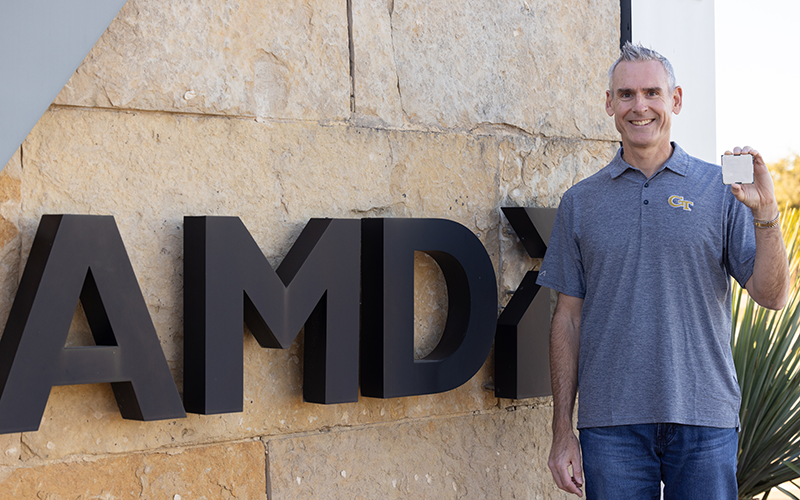Xiaohang Li
By: Kelley Freund | Categories: Alumni Achievements

When Xiaohang Li won the Edison Prize as a student at Georgia Tech, the school’s top honor, it was like a childhood dream come true. Li has been a fan of Thomas Edison since he was a kid, when he recognized that without the inventor’s creation of the lightbulb, we would spend one-third of our time in the dark.
Edison’s work inspired Li to grow up to address engineering challenges that would help mankind, and today he not only inspires his students at King Abdullah University of Science and Technology to do the same, but he’s making breakthroughs with his research leading to ultraviolet (UV) LEDs and lasers.
Li’s work focuses on tiny semiconductor chips that can improve the performance of UV light, making it more efficient, as well as cheaper on a larger scale. Among his contributions to the field, Li developed the first machine learning software for compound semiconductor devices. The software is being used by more than 60 universities, research institutes, and companies.
Li’s research is especially important now, as UV light has become a critical technology for killing pathogens amid the Covid-19 pandemic. Subways and buses are currently being sanitized using UV light, and Boeing recently designed a self-cleaning bathroom implementing the technology.
“You’re going to see more application of this technology in other buildings, such as hospitals and commercial centers, in the future,” Li says. “But not just for surfaces. This type of technology can also be used for water and air.”
Many buildings currently use UV light to disinfect air before it goes through an air conditioning system. And wastewater in Georgia is treated by UV light before going back to natural water sources. The technology can also help preserve food. Li points to a study where researchers placed strawberries in two refrigerators: one with UV light, the other without. The refrigerator with UV light kept the strawberries fresh, even after nine days.
UV technology also has implications for the future of cars. “Hydrogen cars are an emerging concept for future car technologies,” Li says. “By splitting water with UV light, you create hydrogen, a carbon-neutral fuel source.”
There’s still some more work to be done. Li says many UV light sources today are based on mercury lamps, and conventional UV lights use a small amount of mercury. When a light is thrown away, that mercury does not decompose, but instead leaches into the soil and then into the ocean. But Li has hope, pointing to his childhood hero’s invention as an example.
“If you went into Wal-Mart 10 years ago to buy a lightbulb, you would find Edison’s incandescent bulb. Today, if you go to walmart.com to search for one, the top results are LED-based. LED has good characteristics: They are efficient, have a low voltage, and aren’t toxic. You’ll see more UV LED technologies as well.”


